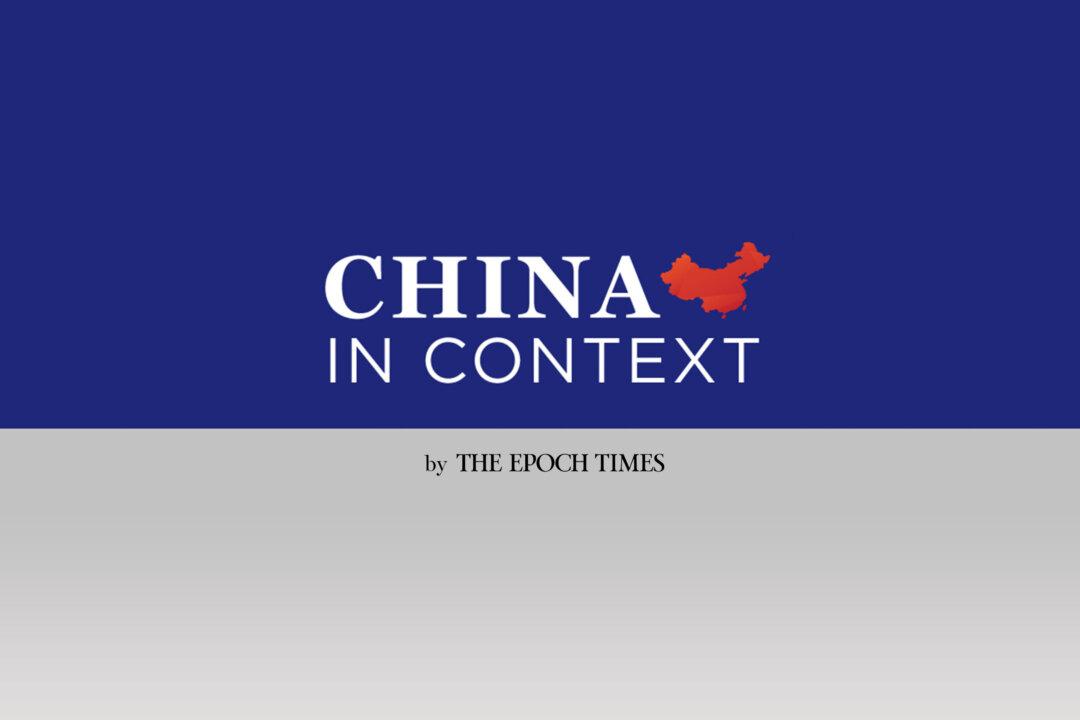While the best time to tune up a car is when it’s stationary, sometimes vehicle owners just have to keep driving.
For decades, Chinese leaders have been content to let the People’s Liberation Army (PLA), the military of the Chinese Communist Party, sit relatively idle in the garage.
“Despite intermittent reforms, the PLA still bore a substantial resemblance to the Soviet model of armed forces developed in the 1950s,” according to a 2016 report on the PLA by the Center for Strategic and International Studies, a Washington-based think tank.
Part of the reason for the PLA’s stagnation is malfeasance at the top.
For example, Guo Boxiong and Xu Caihou, two former generals who once served as vice chairs of the Chinese regime’s top military governing body, were found by anti-corruption investigators to have abused their positions by taking massive bribes in return for handing out promotions.
Official Chinese media still issue reports condemning the lingering “bad influence” of Guo and Xu. The disgraced generals were enabled in their crimes by their chief political backer, former Party leader Jiang Zemin, who had condoned corruption and kleptocracy, especially when officials were active in carrying out the persecution of the spiritual practice Falun Gong, as Guo and Xu had been.
Things changed for the PLA under Chinese leader Xi Jinping. Guo and Xu were removed from the scene by the middle of 2015, as were several of their cronies. In October 2015, Xi announced a comprehensive military reform to modernize the PLA.
Since Xi’s announcement, military command regions have been reformed, five army groups have been cut, and the remaining 13 groups have been renamed—unprecedented moves. Top generals from the Jiang and Hu Jintao eras have been replaced in bulk by middle- and lower-ranking generals.
Xi’s control over the Communist Party’s “gun barrel” (as the military is colloquially known) appears to be increasingly secure. In contrast, he seems to be struggling to control the “knife handle” (as the domestic security apparatus is known).
The security apparatuses of communist regimes are most often designed and used to suppress the populace to maintain Party rule, and the Chinese regime is no exception.
Overseeing the Chinese regime’s efforts at keeping “social stability” is the Political and Legal Affairs Commission, a Party organ that controls and coordinates the courts, the prisons, and the public security system. Key commission officials see to it that sensitive political arrests and trials are always resolved in the Party’s favor, usually via unjust legal rulings issued by kangaroo courts.
Xi has been steadily weakening the commission since he took office. But he still faces stiff pushback from the regime’s internal security system, which has long been overseen by key allies of Jiang. The reform progress also appears to be impeded by the fact that unlike the military, the commission is always “at war” with the people, and, considering the Party’s constant need for self-preservation, the machinery cannot be brought to a halt.
Xi, however, recently appeared to signal that the commission vehicle might need a session in the garage.
At a Politburo meeting chaired by Xi on April 25, a “special report” on the “inspection of the Political and Legal Affairs work unit” was deliberated. The fact that the corruption of the commission was discussed at a high-level meeting of Party elites suggests that a serious situation is afoot.
Xi appears to have been gearing up for some time to grab hold of the Party’s “knife handle.” After the April 25 Politburo meeting, the question now is not if but when.




